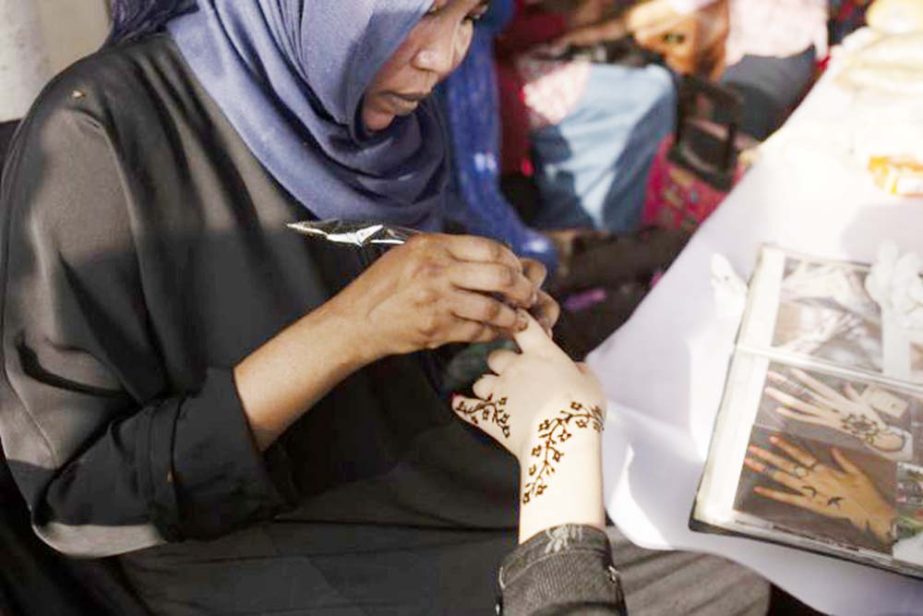
AP, Cairo :
Two Sudanese sisters, Seham and Ekhlas Bashir, were walking their children home from elementary school in a Cairo neighborhood when a group of Egyptian teenagers crowded around them. The boys taunted them, calling them “slave” and other slurs. Then they tried to rip off Ekhlas’ clothes.
An onlooker intervened, scolding the young harassers, and the sisters and their three children managed to escape. But they were shaken.
They had just arrived in Cairo months earlier, fleeing violence in their homeland. The harassment brought up traumatic memories of detention, torture and rape they said they experienced at the hands of militias in Sudan’s Nuba mountains.
“We have come here seeking safety,” said Ekhlas, recounting the incident that took place in November. “But the reality was very different.”
Egypt has for decades been a refuge for sub-Saharan African migrants trying to escape war or poverty. But the streets of Cairo, a metropolis of some 20 million, can bring new dangers in the form of racist harassment or even violence in ways that other significant migrant communities here, such as Libyans and Syrians, don’t face. While other major centers of African migration like Europe have been wrestling with racist violence, Egypt has only made small starts toward addressing the issue.
The U.N.’s International Organization for Migration says Egypt hosts more than 6 million migrants, more than half of them from Sudan and South Sudan, where simmering conflicts continue to displace tens of thousands of people annually. For some, Egypt is a destination and a haven, the closest and easiest country for them to enter. For others, it is a point of transit before attempting the dangerous Mediterranean crossing to Europe.
In visits to several migrant communities throughout Cairo, at least two dozen sub-Saharan Africans, including four children, told The Associated Press that they have endured racist insults, sexual harassment or other abuses in the past three months.
The children said they have had rocks and trash thrown at them as they go to or from school. One woman from Ethiopia said neighbors pound on the windows of her family’s home, yelling “slaves” before disappearing into the night.
There are signs that Egypt is starting to recognize and censure racist crimes.
In November, there was a public outcry over a video that went viral showing three Egyptian teenagers bullying a schoolboy from South Sudan.
In the video, taken by mobile phone, the teenagers block the boy’s way, laughing and making fun of his appearance before trying to take his backpack. In the aftermath, police detained the teenagers for a day before their families reached a settlement with the family of the South Sudanese boy, John Manuth.
Weeks later, Egypt’s President Abdel-Fattah el-Sissi hosted Manuth at a youth forum in the Egyptian resort of Sharm el-Sheikh and made a rare high-level acknowledgement of the problem.
“They are our guests and negative treatment is not acceptable and not allowed,” el-Sissi told the audience.
In 2018, a court sentenced to seven years in prison a man who was known to harass refugees and who beat to death a South Sudanese teacher who had worked in a community-run school for refugees in Cairo.
Refugees and rights workers say the country still has a long way to go.
Reported cases of sexual and gender-based violence against migrants has increased in recent months, according to the IOM. Women and girls are the most effected, but so are vulnerable men and young boys, said Shirley De Leon, a project development officer at the organization. She said that could in part be because of Egypt’s economic strains – “challenges remain and are exacerbated by inflation, eroded income and high youth unemployment.”
Most migrants live in crowded poorer neighborhoods, where they form insular communities in small, packed apartment buildings. The idea is to protect families and vulnerable new arrivals from abuses.

